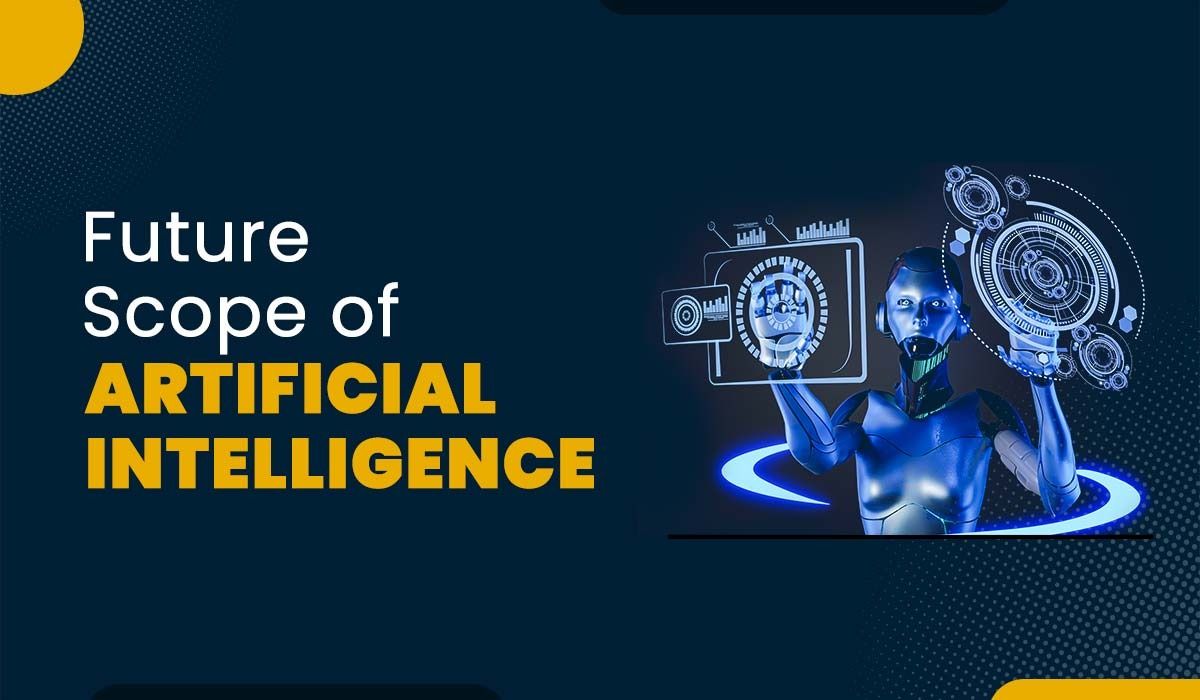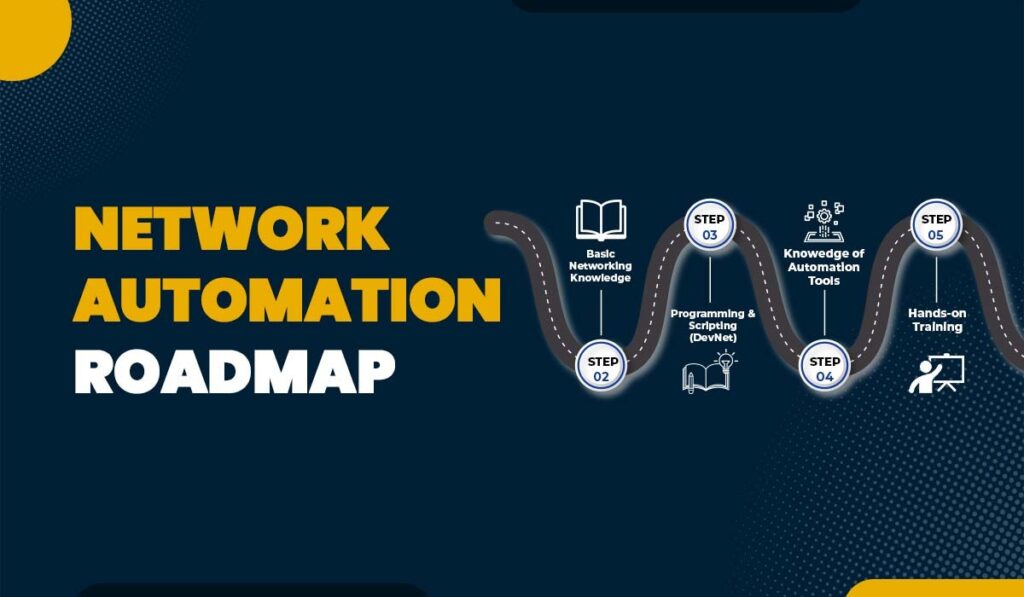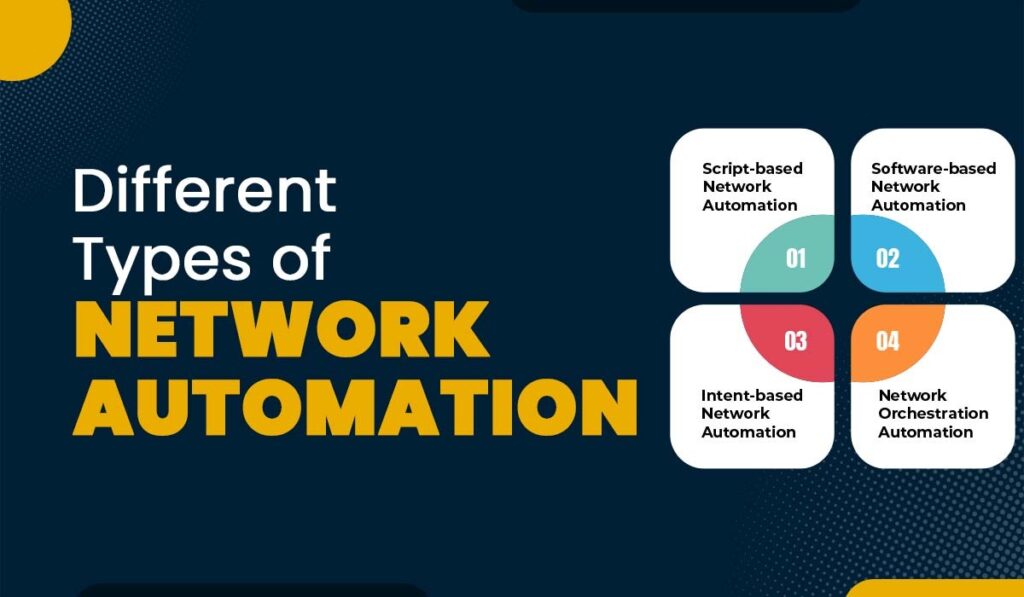Introduction
Artificial Intelligence (AI) is leading the way in technological advancements, fundamentally changing industries, improving processes, and expanding the limits of what we can achieve. As we look ahead, the potential of AI seems limitless, promising significant changes for businesses, communities, and the overall human experience. The potential of AI extends far beyond simple computational tasks. From healthcare and education to environmental sustainability and scientific research, AI is set to become an integral part of our collective future. In this blog, we will discuss the factors behind AI’s growth and the future scope of artificial intelligence in detail.
Let us first examine some of the factors that make artificial intelligence a necessity for almost every business, regardless of size. To learn this growing technology, you should take Artificial Intelligence and Machine Learning Course.
Reasons Behind AI’s Growth
AI has come a long way from the conceptual stage to the actual phase. We have witnessed virtual assistance as seen in Apple’s Siri or Amazon’s Alexa, streaming recommendation systems from Netflix and Amazon, self-driving cars, and effective medical diagnosis among others. All these AI technologies are enhancing performance, increasing output, and delivering value across many industries.
Several key factors contribute to the rapid growth of AI, including:
Exponential Growth of Data
With digital transformation, there is an increase in data generation every day, mainly from social media, e-commerce activities, IoT devices, etc. This data acts as the backbone for AI and machine learning algorithms to enhance their knowledge base. The more data there is, the more accurate the AI analysis is and the kinds of insights that can be given.
Advancements in Computational Power
The development of computation devices is also one of the factors that contribute to AI’s growth as it helps in computation processes. Present-day computers and cloud services provide exceptionally high computational power by which such AI models can operate and utilize huge amounts of data. It has become even possible to design and implement artificial intelligence solutions that earlier were unfeasible.
Improved Algorithms and Techniques
Other factors have also contributed to the advancements of AI, such as the availability of better Algorithms and techniques. Machine learning, deep learning, and neural networks have improved in effectiveness and also in precision. These developments have made it possible for AI to solve other problems, from natural language processing to image recognition.
More Investment and Research
It has been observed that there is a growing interest in the scientific advancement of Artificial Intelligence. There is a tremendous amount of continued investment happening in AI from governments around the world, corporations, and startups that are pushing the bar forward and coming up with new solutions that have never been seen before. It has stimulated innovations in healthcare as well as in the finance systems and has prepared the ground for further innovations.
Now that we have a basic understanding of the core reasons behind AI’s growth. Let us discuss the scope of AI.
Future Scope of Artificial Intelligence
The future scope of artificial intelligence is promising for business, entrepreneurship, individuals, and for society as a whole. It creates new opportunities that were considered impossible before. The future scope goes far beyond what we see today and has space for exciting developments. Below, we have discussed some key areas where AI is expected to make a significant impact.
Personalized Learning & Experience
Education is considered among the most favorable areas for AI applications. AI can help in the development of personal learning environments that can be easily adapted and suitable for an individual learner. Using the performance metrics from the learners, AI systems can establish what is easy for the learners and what challenges them. This will help the educators to support them adequately. Such an approach can be used to raise students’ interest in different subjects, achieve better results in learning, and make education more effective for everyone.
Another industry in which AI has the potential to revolutionize is customer relationships in companies. Through data analysis, organizations are able to learn more and more about their customers and, therefore, develop the appropriate strategies and services to suit clients’ needs. Such a high level of personalization increases the possibilities of satisfied and loyal customers, thus resulting in business profitability.
AI in Science and Research
AI already plays a vital role in science & research and is constantly advancing its contribution to the field. AI Robotics and Systems have been adopted in different fields, such as space and medical research, among others. For example, robots that employ artificial intelligence are carrying out experiments in out-of-reach territories, the ocean floor, or outer space. In the field of medicine, the application of AI is used for data analysis to learn more about drugs and treatments to enhance the speed of scientific advancements.
One such example is the Mars 2020 Perseverance rover, which uses artificial intelligence algorithms to undertake Martian terrain analysis and navigation without the direct assistance of human operators. Other examples include Google’s Sycamore; one of the fastest processors, RoboRXN by IBM, an AI and robotic chemist that automates the synthesis of organic compounds.
Securing the Networks: Cybersecurity
Modern AI technologies are helpful when it comes to increasing the circle of cybersecurity protection by allowing organizations to identify threats and respond to them immediately. Cognitive AI systems can interpret traffic patterns on networks and determine when such networks are under attack.
Some of the most successful architectures today are Recurrent Neural Networks (RNNs) since they are capable of analyzing historical data and detecting behaviors that may be indicative of fraud. AI can assist an organization by automating many aspects of threat identification and counteraction to ensure that there is no unauthorized access to confidential information.
Healthcare Transformation
Out of all AI-related sectors, healthcare is a major beneficiary of the technology by enhancing diagnosis, treatment, and patient care. Of the potential applications, health care can benefit immensely from the capabilities of AI systems. AI-powered systems can analyze X-rays or MRIs accurately, thereby assisting doctors in the early detection of diseases. It is also used in creating the right strategy for treatment that suits a particular patient genetically and as per their medical history. Moreover, the use of AI chatbots and virtual assistants can help patients at any time. This also has added value to their overall healthcare services.
For instance, IBM Watson Health has integrated artificial intelligence in diagnosing patient information and decision support techniques. AlphaFold is an AI developed by DeepMind that accurately predicts the 3D structures of proteins. Tempus applies Artificial Intelligence in the specific area of treatment, i.e., cancer. There are many other ways through which AI is improving the health sector.
Smart Cities and Sustainability
In the past few years, AI has been presented as a main component for shaping smart cities that enhance the people’s experience and, at the same time, support environmental sustainability. AI can help in managing traffic, it can help in the conservation of energy, and it can help in the proper disposal of waste.
For instance, intelligent transportation systems may include signal-controlled equipment that can be preprogrammed to change with a view of easing traffic congestion and emission polluting of the atmosphere. AI is applied in waste management; it can simulate how much waste has been generated and the possible best routes that should be adopted when picking the waste to avoid consuming much fuel. One big example where AI is part of a smart city is the city of Barcelona. It has integrated AI into its transport services to increase the efficiency of the services offered.
Creative Business Strategies
The existence of AI is allowing organizations to come up with unique corporate strategies. For instance, AI can analyze the demand for certain products and the potential buyers so that a business or organization can make a correct decision. Chatbots and virtual assistants by artificial intelligence can facilitate and enhance the delivery of personalized customer services, hence resulting in increased customer loyalty.
Subsequently, it will allow businesses to improve their supply chain, cut costs, and improve overall efficiency. Amazon is a clear example of using AI in supply chain management, where algorithms predict demand and ensure optimum inventory, thus cutting costs.
So, you can image the scope of AI in our future is very bright and it will shape how humans live in the future.
Frequently Asked Questions
Q1. What is the scope of Artificial Intelligence?
There are immense opportunities for professionals with AI expertise. Almost every sector implements AI-based tools for smooth business operations.
Q2. Is Artificial Intelligence has a good career?
Yes, AI is a good career option. The reason behind it is the presence as well as the use of AI almost in every field irrespective of size or location. Hence, professionals with AI skills can future proof their career.
Q3. What are the future jobs in AI?
There are many jobs associated with AI. Some of these are:
- AI customer experience specialist
- AI product manager
- Data scientist
- AI ethics officer
- Computer vision engineer
- Smart home designer
- Cybersecurity analyst with AI expertise
- AI research scientist
Q4. What is the scope of AI in 2025?
With AI, you can get a salary between 9.0 LPA to 11.0 LPA. Also, there are many job roles that you can apply for such as AI research scientist, prompt engineer, AI ethics officer, and many others. So, the scope of AI is very bright in 2025.
Q5. Should Network Engineers Learn AI and ML?
Yes, network engineers should learn AI and ML, as the networking industry is moving towards the use of AI technologies to manage systems. If a network engineer doesn’t learn these trending technologies, they will be stuck at their current role or even worse, lose their job to AI.
Conclusion
The future scope of Artificial Intelligence is vast and filled with potential. From personalized education and healthcare transformation to smart cities and creative business strategies, the opportunities for AI are immense. In this blog, we have outlined some of the factors that are responsible for AI’s growth. We also have discussed the future scope of artificial intelligence and how it will transform different sectors including science, healthcare, cybersecurity, and IT. Professionals can also enjoy the opportunities that come with the inclusion of AI.





